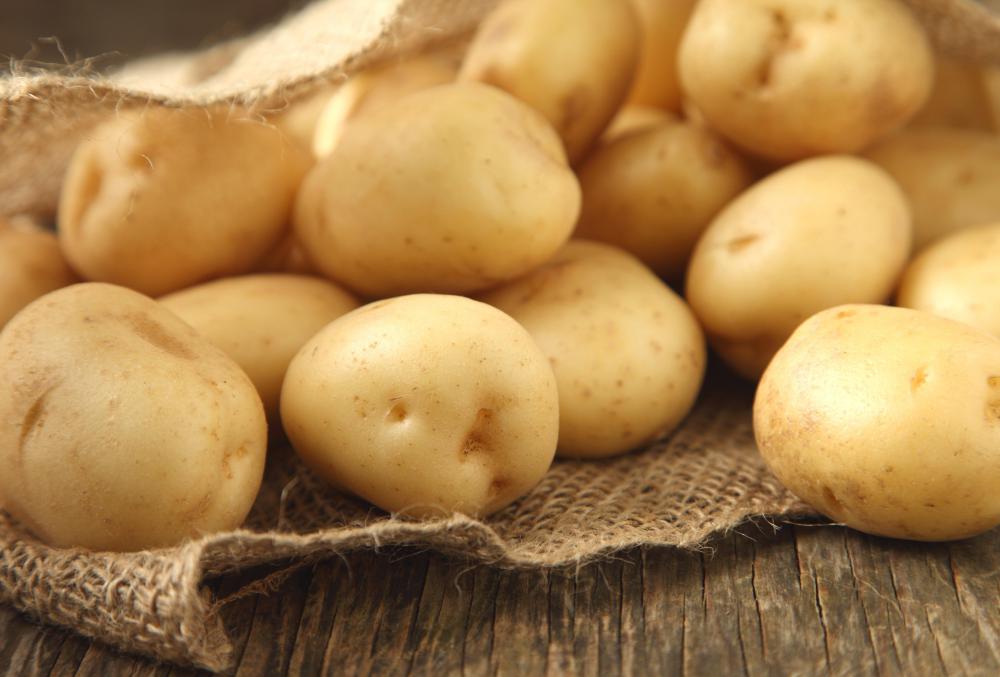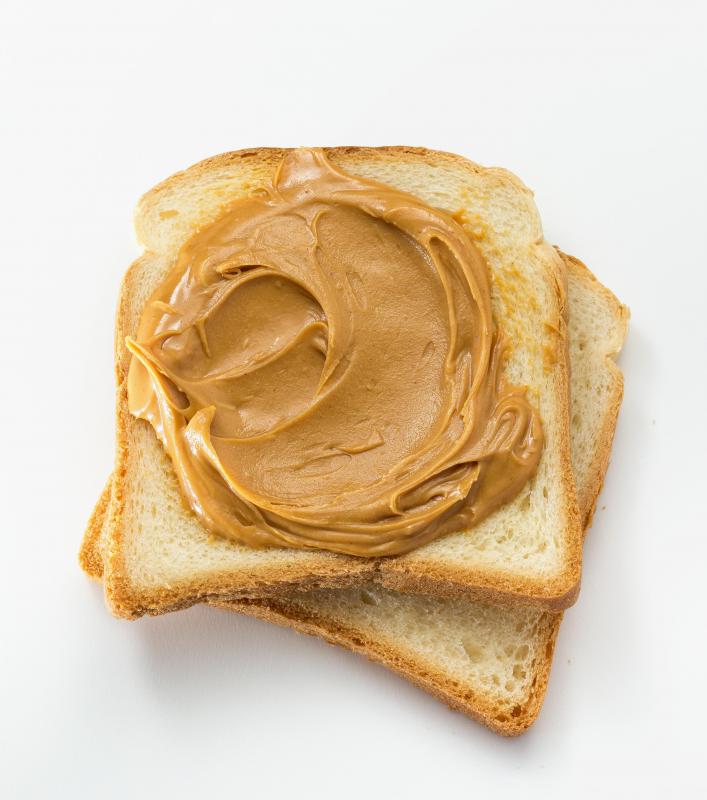At TheHealthBoard, we're committed to delivering accurate, trustworthy information. Our expert-authored content is rigorously fact-checked and sourced from credible authorities. Discover how we uphold the highest standards in providing you with reliable knowledge.
What Is a Choline Deficiency?
A choline deficiency occurs when there is not enough of a nutrient known as choline in the body. Choline is a type of amino salt that is normally grouped with the B-complex vitamins. Some of the potential symptoms of a choline deficiency include fatigue, damage to the liver or kidneys, or hypertension. Treatment normally consists of adding more choline to the diet, although permanent organ damage may occur in the more severe cases. Any individualized questions or concerns about a choline deficiency should be discussed with a doctor or other medical professional.
Some of the earliest symptoms of a choline deficiency can be mistaken for a variety of other medical conditions and may include fatigue, muscle or nerve problems, and insomnia. Blood or urine tests may indicate that the liver or kidneys are not functioning properly. The circulatory system may become compromised due to an accumulation of fats in the blood.

Those who do not eat meat or other animal products are particularly vulnerable to the development of a choline deficiency, as are people who eat only egg whites instead of whole eggs. Consuming large amounts of alcohol on a regular basis may also increase the risks of developing this condition. Studies have indicated that a large percentage of the population fails to consume adequate amounts of choline.

Choline is an important component in regulating metabolism and maintaining the health of the brain. This nutrient also helps to reduce inflammation in the body and supports nervous system health. All of these bodily functions can suffer when a choline deficiency is present.
Treatment for a choline deficiency, especially in the early stages, is simply a matter of adding more choline to the diet. Some foods that are high in this nutrient include soybeans, egg yolks, and peanut butter. Other food sources include tomatoes, potatoes, and milk. In addition to adding these foods to the diet, nutritional supplements containing choline are readily available at most pharmacies and may be particularly helpful to those who have severe symptoms.

If a choline deficiency is not accurately diagnosed or if it remains untreated for a prolonged period of time, permanent damage to the liver or kidneys may occur. Depending on the severity of the damage, kidney dialysis or a liver transplant may become necessary. These potentially fatal complications can often be avoided by eating a healthy diet and having regular check-ups by a physician.
AS FEATURED ON:
AS FEATURED ON:















Discuss this Article
Post your comments